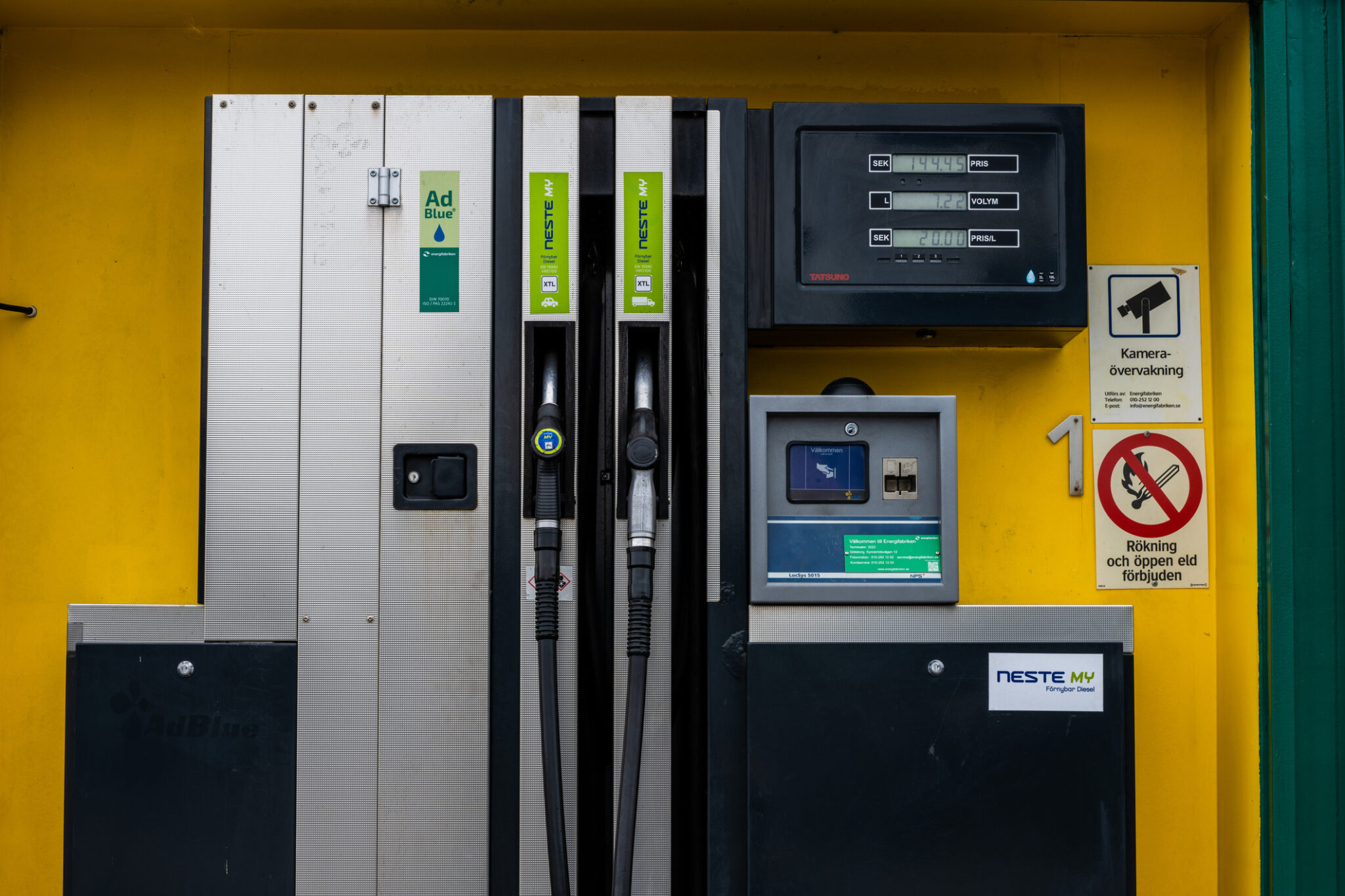Kinaxia Logistics has added the first fully-electric Volvo HGV to its fleet as the company continues to invest in its environmental and emissions reduction strategy and help customers to decarbonise their supply chains. The new Volvo FM 4×2 tractor unit, which has a range of 200 miles and is powered by six batteries and three electric motors, was supplied by award-winning Volvo dealer Thomas Hardie Commercials.
It is being deployed to move stock for Vaillant, which manufactures heat pumps and high-efficiency boilers to help decarbonise home heating in the UK. The zero-emissions vehicle, which replaces a diesel truck, is being used to transport goods from Vaillant’s manufacturing plant in Belper, Derbyshire, to a national distribution centre seven miles away at Denby.
Kinaxia says the tractor unit will reduce delivery emissions for Vaillant by more than 21,600kg CO2e a year. The electric truck complements other eco-friendly vehicles in Kinaxia’s fleet which are powered by compressed natural gas and hydrotreated vegetable oil, as part of its mission to help customers remove carbon emissions from their supply chains and meet environmental targets.
Simon Nelson, managing director of Kinaxia’s contract logistics operations, said: “We announced at the start of the year that we would be investing further in sustainability measures, and this new electric vehicle sits alongside other recent initiatives, including our greater use of technology and our K-Link distribution network which reduces delivery miles and emissions for customers. This upgrade supports Vaillant’s goal to halve its carbon emissions by 2030 and there are great synergies between both businesses, as we drive decarbonisation of our customer supply chains and Vaillant supports the decarbonisation of home heating through the design and manufacture of low-carbon systems.”
Nick Bennett, supply chain director at Vaillant Group UK & Ireland, said: “We’re delighted to have invested in a more efficient fleet, launching our very first fully- electric lorry which supports us on our journey to net zero. At Vaillant, we are driving the transition to decarbonising home heating with our heat pump technology, so this new vehicle moves us forward in a positive way whilst we consider how we further decarbonise the whole supply chain. Partnering with Kinaxia and Volvo has allowed us all to work together with a shared sustainability vision. We see this as the first of many electric vehicles yet to be introduced into our fleet.”

Kinaxia, which has its headquarters in Cheshire, has 1,600 staff nationwide and operates a fleet of 1,000 vehicles transporting goods for the retail, leisure, food and drink and manufacturing sectors.
The company’s national network of hubs provides a full source-to-shelf logistics service. It has 2.7 million sq ft of strategic national warehousing facilities offering contract packing, e-fulfilment, returns management, storage services and a complete distribution service.
similar news






